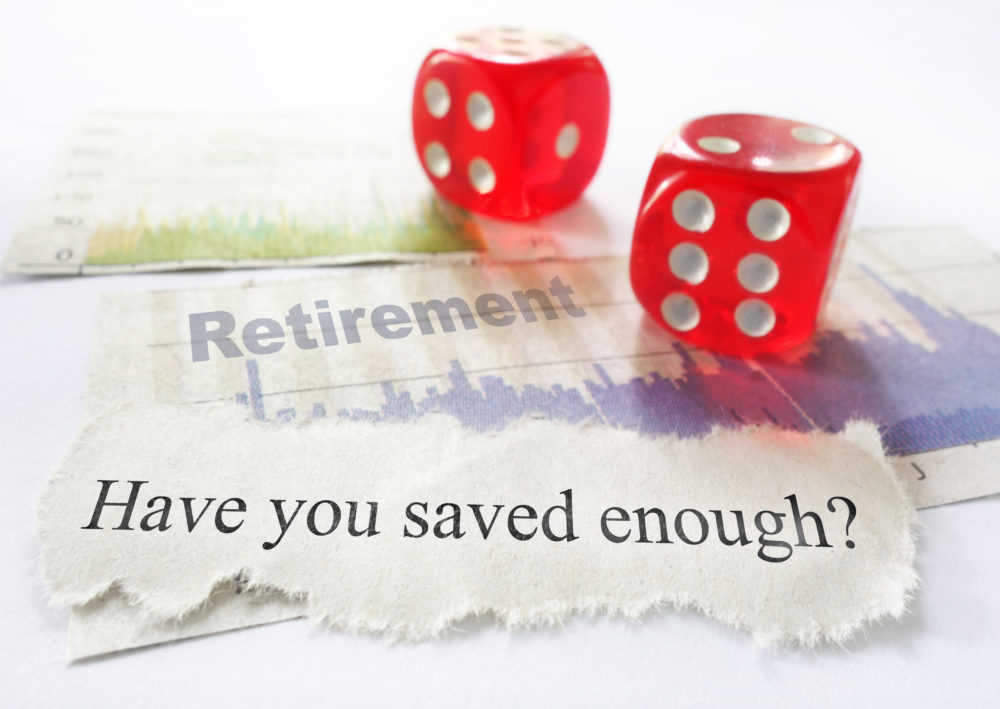Self-employed workers are heading towards a pension saving crisis, with one in three depending on the state pension to fund their retirement, new research from Prudential shows.
Its nationwide study found more than two fifths (43 per cent) of those working for themselves admit they do not have a pension, compared to just four per cent of those in employment – a key reason is that 36 per cent of the self-employed say they cannot afford to save for retirement.
Self-employed workers now make up 15.1 per cent of the UK workforce with more than 4.8 million people working for themselves, but Prudential’s research found they are heading for a less comfortable retirement with many not planning to stop work.
As well as the third who are depending entirely on the state pension (around £8,545 a year) to get them through, 28 per cent will be reliant on their business to provide the income they need.
Focusing on the shorter-term
Self-employed workers are savers – but the research found they are more focused on day-to-day emergencies than the long-term of retirement. Two thirds (64 per cent) of the self-employed save to build up a safety net in case of an emergency in comparison with 57 per cent of those in employment.
Just one in ten self-employed people see a financial adviser regularly, despite having potentially more complex requirements than someone in employment. One in five (19 per cent) are not confident with money and financial matters, while a quarter (24 per cent) worry that they do not know enough about money.
All this adds up to an education gap when it comes to the importance of pensions for the self-employed as 20 per cent admit they do not take pension saving seriously as they do not think it applies to them.
Kirsty Anderson, retirement income expert at Prudential, says that saving for retirement is tougher when you are self-employed as there is no one to organise a pension for you and no employer making contributions on your behalf.
On top of that, self-employed workers often don’t have a regular income so many will focus on setting aside money as a safety net if they cannot work,
‘Saving for a pension is still important as no one wants to work forever and no matter what your employment status, having money to fund your retirement is essential. The state pension is unlikely to be enough to fund a comfortable retirement.
‘If you are unsure how much you can afford to save into a pension, speak to a financial adviser as they will be able to help you with all aspects of your financial planning.’
Sapphire Gray started her first company in 1986 and never worried about savings or a pension. She then took on contract work almost two decades later to support a growing family. When she lost the latter to a spell in hospital, she realised that she needed to get her finances sorted.

Growing up, I believed that you automatically received money from the government when you retired, and you could live on this and be happy. How naïve I was.
I was raised around working-class families and really didn’t have a clue what a pension was. I read a lot about it and it was always on the news and realised it was money you get when you work until retirement age from your employer and the government. I actually thought this was the same for people who ran their own business.
I became self-employed in 1986 – it was very small enterprise and wasn’t making much money, but I had two children and was studying at the time. It suited my needs and I wasn’t concerned about having savings or even a pension as I was still very young and believed I had plenty of time to think about grown-up matters like those.
In 2004 I was doing contract work for a mortgage company which paid very well. I was still self-employed and they offered a great package which included a pension, so I felt that this was great for me and my family as I was now a single parent of four girls. I was even able to buy my first house.
The push towards financial planning
Life was going great, but in January 2005 my life was about to change. I was taken to hospital and on a life support machine was there for several weeks with pneumonia and unexplained bleeding. During this time the company that I worked for paid sick leave as it was in my contract.
However, it dawned on me that I had no insurance to cover my business and pay my bills. Panic set in as I had four children and was very unsure how I was going to support them. The company I worked for also cancelled my contract as they stated that I had taken too much time off work to be in hospital.
This forced me to address all my finances along with my pension. I had a small amount of savings at the time and I weighed up various options of investment that would give a great return later in life.
I decided to start investing in property and build a portfolio so that I could rent out the properties. I also brought properties below market value to fix up and sell for high returns. I knew if I bought a least two properties per year on this basis that by the time I would retire I would have enough assets to liquidate and be able to live on as a pension.
This model has truly worked for me and I now have several properties that I rent out. Even though the property market has been unstable at times, this is the way I am saving for my pension.
Remember that property investment has its risks. Make sure you assess all of your pension options and if you’re uncertain about anything, speak to a financial adviser.





